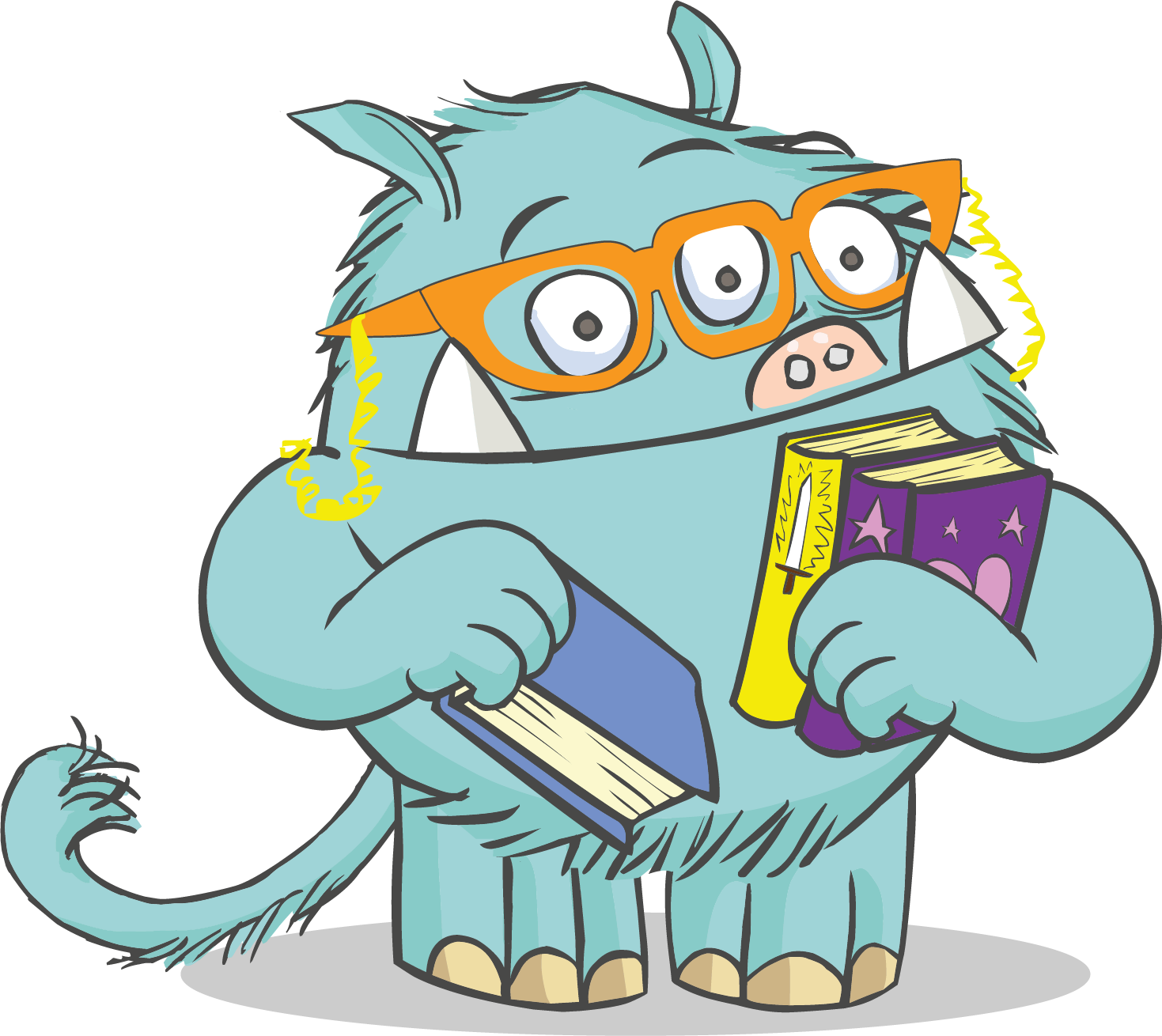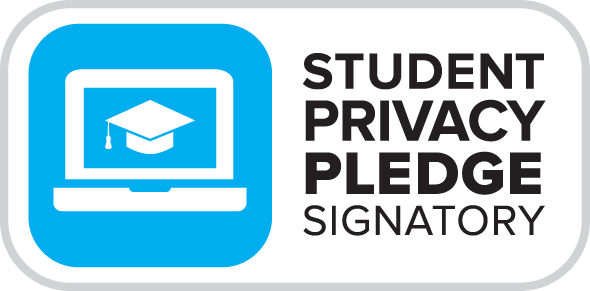References
1. Practitioner's guide to emotional regulation in school-age children. Macklem, G. (2010), New York: Springer Science + Business Media, LLC.
2. What is emotional intelligence. Mayer, J. D., & Salovey, P. 31, 1997, Emotional development and emotional intelligence: Educational implications, Vol. 3.
3. Supporting emotional regulation in elementary school: Brain-based strategies and classroom interventions to promote self-regulation. Lipsett, A.B. 1, 2011, LEARNing Landscapes, Vol. 5, pp. 157-175.
4. Promoting emotional competence in school-aged children: The effects of the PATHS curriculum. Greenberg, M. T., Kusche, C. A., Cook, E. T., & Quamma, J. P. 1, 1995, Development and psychopathology, Vol. 7, pp. 117-136.
5. Emotion knowledge, emotion utilization, and emotion regulation. Izard, C. E., Woodburn, E. M., Finlon, K. J., Krauthamer-Ewing, E. S., Grossman, S. R., & Seidenfeld, A. 1, 2011, Emotion Review, Vol. 3, pp. 44-52.
6. The role of emotionality and regulation in children's social functioning: A longitudinal study. Eisenberg, N., Fabes, R. A., Murphy, B., Maszk, P., Smith, M., & Karbon, M. 5, 1995, Child Development, Vol. 66, pp. 1360-1384.
7. School readiness: Integrating cognition and emotion in a neurobiological conceptualization of children’s functioning at school entry. Blair, C. 2, 2002, American Psychologist, Vol. 57, pp. 111-127.
8. Emotional expressivity and emotion regulation: Relation to academic functioning among elementary school children. Kwon, K., Hanrahan, A. R., & Kupzyk, K. A. (. 1, 2017, School Psychology, Vol. 32, pp. 75-88.
9. Social and emotional intelligence: Applications for developmental education. Liff, S. B. 3, 2003, Journal of Developmental Education, Vol. 26, pp. 28-34.
10. The impact of developing social perspective-taking skills on emotionality in middle and late childhood. Bengtsson, H., & Arvidsson, Å. 2, 2011, Social Development, Vol. 20, pp. 353-375.
11. Theory of mind and prosocial behavior in childhood: A meta-analytic review. Imuta, K. Henry, J. D., Slaughter, V., Selcuk, B., & Ruffman, T. 8, 2016, Developmental Psychology, Vol. 52, pp. 1192-1205.
12. Feshbach, N. D., & Feshbach, S. Empathy and education. The social neuroscience of empathy. Cambridge : MIT Press, 2009, pp. 85-97.
13. Denham, S. A. Social and emotional learning, early childhood. . Encyclopedia of primary prevention and health promotion. Boston, MA : Springer, 2003, pp. 1009-1019.
14. Bear, G. G. Developing self-discipline and preventing and correcting misbehavior. Boston : Allyn and Bacon, 2005.
15. Observing preschoolers’ social-emotional behavior: Structure, foundations, and prediction of early school success. Denham, S. A., Bassett, H. H., Thayer, S. K., Mincic, M. S., Sirotkin, Y. S., & Zinsser, K. 3, 2012, The Journal of Genetic Psychology, Vol. 173, pp. 246-278.
16. Executive function and the promotion of social-emotional competence. Riggs, N. R., Jahromi, L. B., Razza, R. P., Dillworth-Bart, J. E., & Mueller, U. 4, 2006, Journal of Applied Developmental Psychology, Vol. 27, pp. 300-309.
17. Orpinas, P., & Horne, A. M. Bullying prevention: Creating a positive school climate and developing social competence. Washington, D.C. : American Psychological Association, 2006.
Additional References
Bellavance, M. (2017). A Close-Up Look at how a Workshop Framework Can Enhance Personalized Learning. Issues in Practice, Learn Lessons from the Field. Competencyworks Blog.
Graves, D. H. (1983). Writing: Teachers and Children at Work. Portsmouth, NH: Heinemann.
Hammond, Z. L. (2015). Culturally Responsive Teaching and the Brain. Corwin Press.
Taylor, R. D., Oberle, E., Durlak, J. A., & Weissberg, R. P. (2017). Promoting positive youth development through school-based social and emotional learning interventions: A meta-analysis of follow-up effects. Child Development, Vol. 88, pp. 1156-1171.







